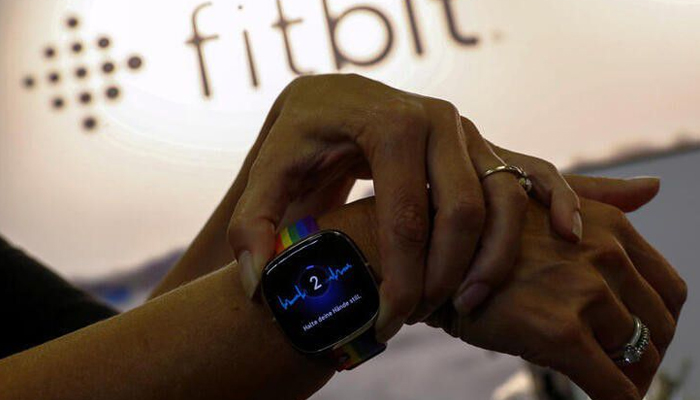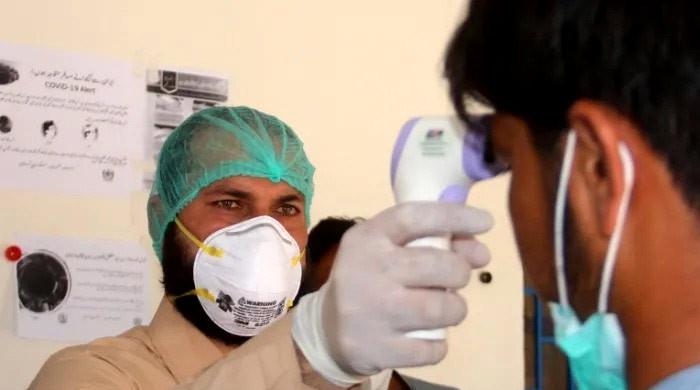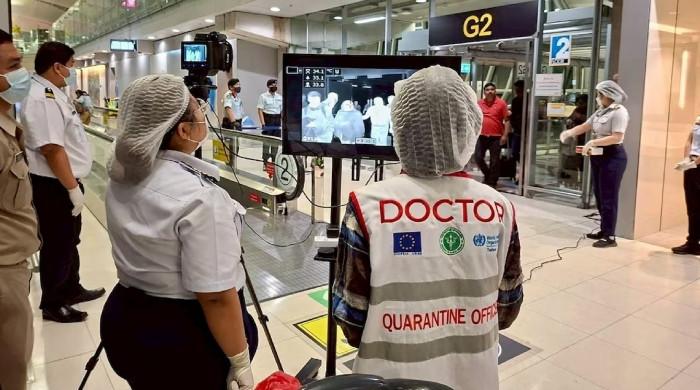How can smartwatches help us medically?
Recent research reveals smartwatches may help create an early diagnosis of Parkinson's disease
July 04, 2023

While smartwatches have many uses and are considered a helpful tool by fitness enthusiasts, a recent study has revealed that these modern tech-watches may have an additional unintended benefit.
Recent research in the UK has revealed that these watches may help create an early diagnosis of Parkinson's disease — a brain disorder that causes unintended or uncontrollable movements.
The UK Dementia Research Institute team at Cardiff University used artificial intelligence to analyse data from 103,712 smartwatch wearers, BBC reported.
The research tracks users' movement speed over a single week between 2013 and 2016. The data thus obtained was useful in predicting which users might develop Parkinson's.
The research gives rise to hopes that smartwatches may be used as screening tools to diagnose illness before it takes root or worsens.
However, before smartwatches can be utilised in screening capacities, more studies from around the world are needed to check how accurate the diagnosis will be, the journal Nature Medicine cited researchers.
Brains of those affected with Parkinson's disease become damaged over many years.
Symptoms of Parkison's:
- involuntary shaking or tremors
- slow movement
- stiff and inflexible muscles
However, a major issue faced by doctors and patients seeking treatment is that the diagnosis comes too late, and by the time a person is diagnosed with Parkinson's, it is too late.
Study leader Dr Cynthia Sandor said that since about 30% of the UK population wears smartwatches, they might offer a cheap and reliable way to identify early-stage Parkinson's.
"We have shown here that a single week of data captured can predict events up to seven years in the future," she said.
"With these results, we could develop a valuable screening tool to aid in the early detection of Parkinson's.
"This has implications both for research, in improving recruitment into clinical trials, and in clinical practice, in allowing patients to access treatments at an earlier stage, in future, when such treatments become available."
Another researcher Dr Kathryn Peall told BBC News that smart watches appeared to be successfully differentiate between Parkinson's and other things such as old age.
"We compared our model across a number of different disorders, including other types of neurodegenerative disorders, individuals with osteoarthritis, and other movement disorders, amongst others, an advantage of being able to work with a dataset such as the UK Biobank," she told BBC.
"The results from individuals diagnosed with Parkinson's disease were distinct."
"Where this work is potentially important to the field is that we ultimately hope that new therapies that allow us to slow disease progression will become available," Dr Peall added.











